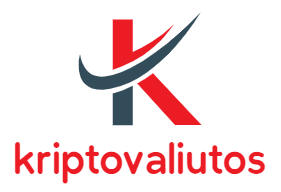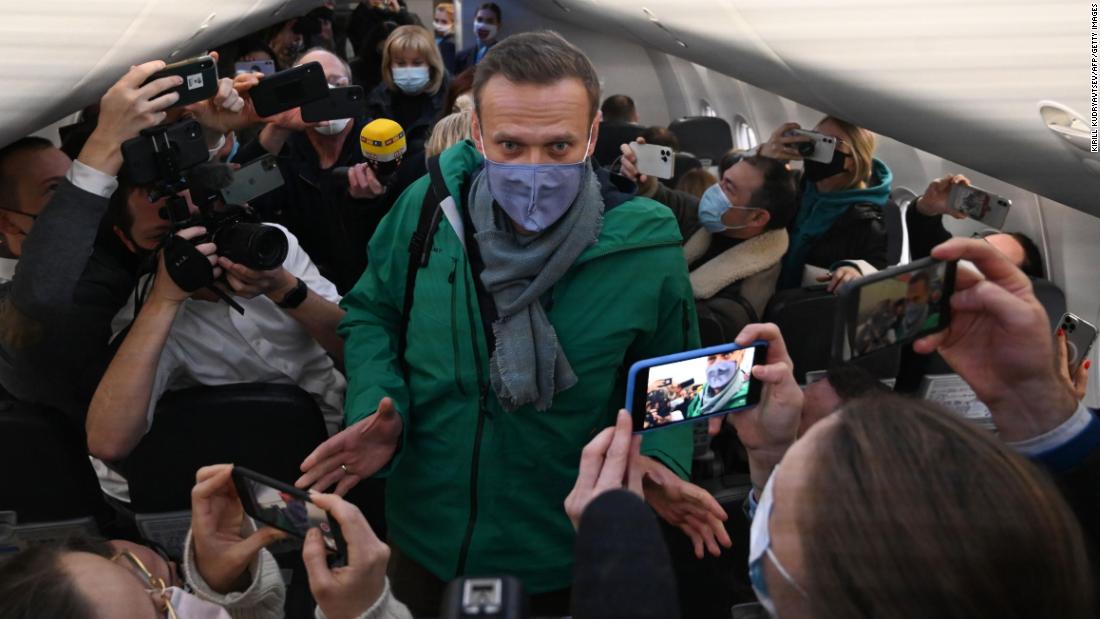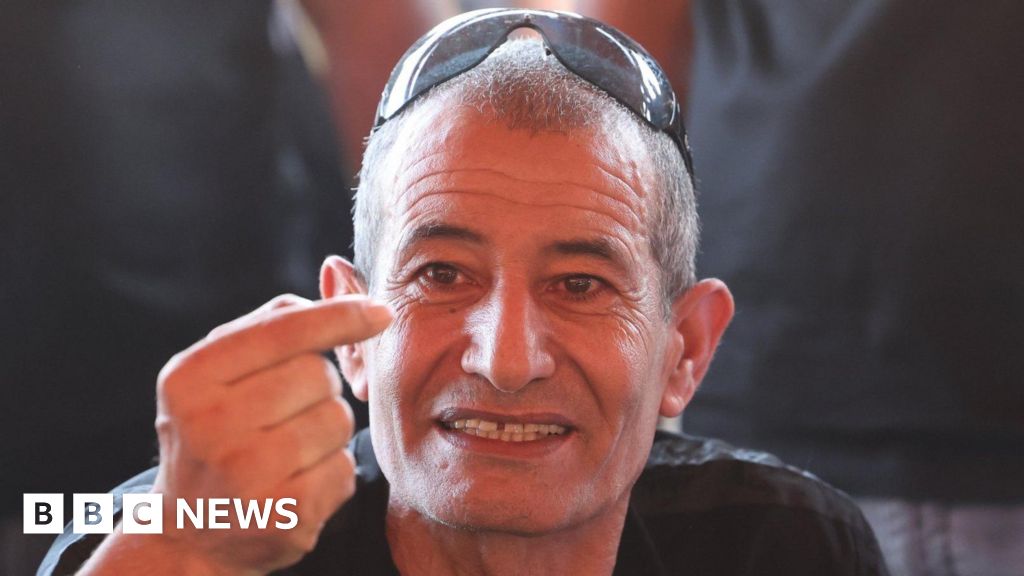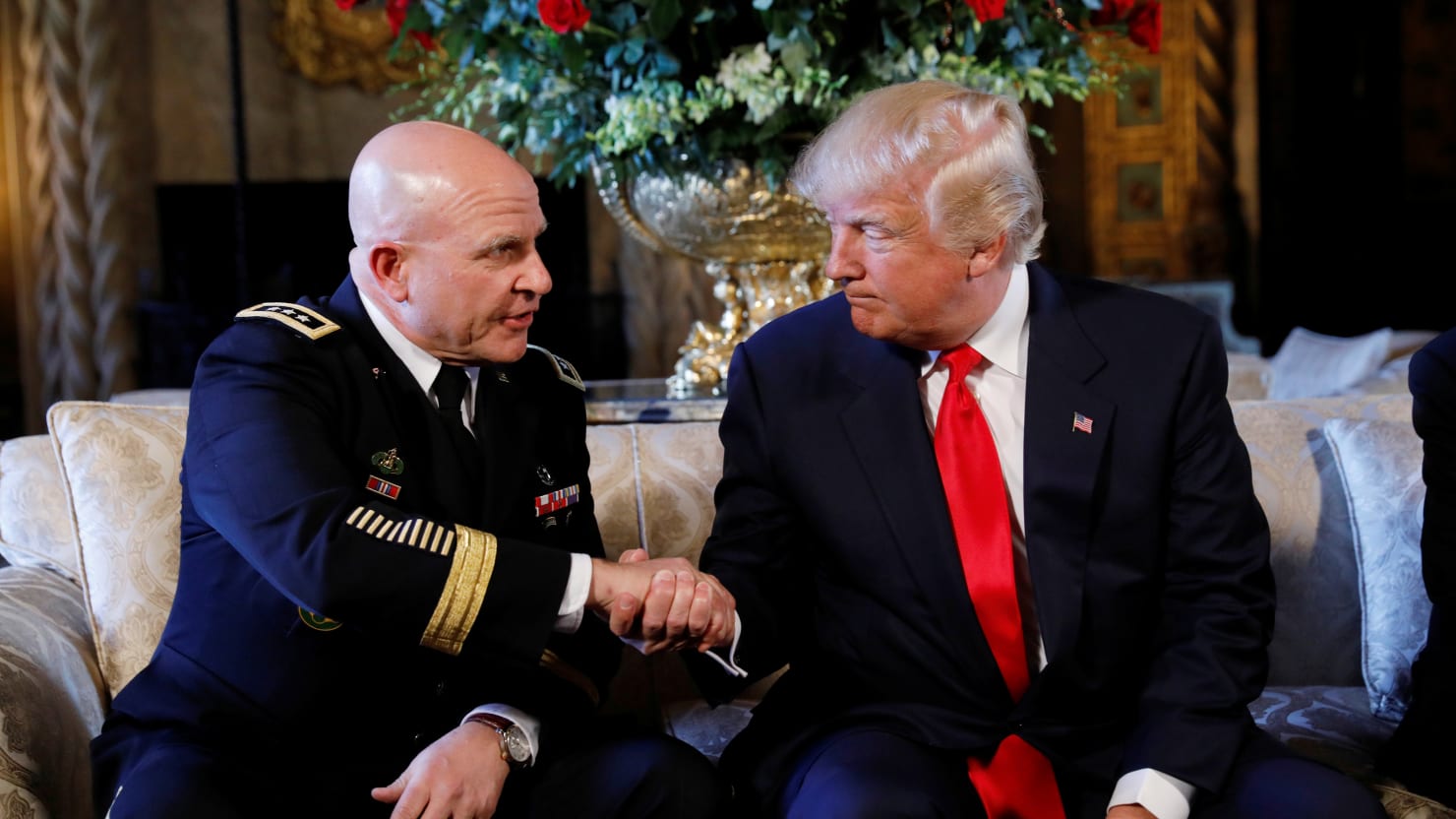His spokeswoman, Kira Yarmish, said in a tweet that police officers at the border took him without explanation. “The lawyer was not allowed to go with him because only seconds before he crossed the border.”
Navalny and his wife Yulia were returning from a five-month stay in Germany, where they recovered from Novichok military nerve gas poisoning. They landed at Sheremetyevo Airport in Moscow after 8 PM local time (12 PM ET), according to flight data information.
“This is the best day in the past five months,” Navalny told reporters as he stood at the airport after landing.
“Everyone is asking me if I am afraid. I am not afraid,” he added. “I feel completely fine walking towards the border. I know that I will leave and go home because I am right and all the criminal cases against me are fabricated.”
A permanent thorn on the side of Russian President Vladimir Putin, Navalny was put on the country’s most wanted list during his recovery in Germany, in connection with a years-old fraud case, which Navalani dismissed as politically motivated.
Last week, the Russian Prisons Service (FSIN) warned that it “will take all measures to arrest” Navalny.
The investigation also found that this unit, which includes chemical weapons experts, has followed Navalny on more than 30 trips to and from Moscow since 2017. Russia denies involvement in the poisoning of Navalny. But many Western officials and Navalny himself openly blamed Russia.
The flight path has been diverted to Sheremetyevo
Navalny was originally scheduled to land at Vnukovo airport, where a crowd of hundreds of supporters and journalists waited. CNN was unable to determine the reason for the diversion of the flight.
Its two-and-a-half-hour flight by Russian airline Pobeda took off from Berlin-Brandenburg Airport on Sunday afternoon.
A Russian media broadcast showed that police were detaining several allies waiting for him in Vnukovo, despite temperatures around -20 ° C (-4 ° F), including politician and lawyer Lyubov Sobol and Ruslan Shavedenov, who works for the Navalny Foundation to combat Corruption.
Before leaving Berlin, Navalny thanked all the other passengers on his flight, according to a live broadcast from TV Rain. “Thank you all, I hope we get there well,” he said. “And I’m sure everything will be absolutely fine.”
In a post on Instagram on Saturday, Navalny also wrote a post thanking Germany, adding that Germans are “good, sympathetic and friendly people.”
“Doctors and nurses. Physical therapists and police officers. Lots of policemen. Neighbors who called for a drink, who allowed us to rent. Politicians and lawyers, shopkeepers, journalists, prosecutors who interrogated me at requests from Russia. Coaches, teachers and even, once, a counselor. I had a wide circle of friends here. I can only say thank you very much to everyone. “
What happens after Navalny?
Navalny, who has been detained by Russian authorities several times, was placed on the country’s federal most wanted list during his time in Germany at the request of FSIN, which in December accused him of violating probation terms in a years-old fraud case. He refuses for political reasons.
Now FSIN claims that Navalny violated the terms of his suspended sentence by failing to show up to scheduled inspections.
FSIN requested that the court replace his suspended sentence with a real prison sentence. A hearing is scheduled for January 29, and if the request is met, Navalny will likely be imprisoned for 3.5 years.
In 2014, Navalny was convicted of fraud after he and his brother Oleg were accused of embezzling 30 million rubles ($ 540,000) from a Russian subsidiary of French cosmetics company Yves Rocher. While Navalny was sentenced to a suspended prison sentence, his brother was imprisoned.
If Navalny is not found guilty later in January, he will still face an investigation into a new fraud case, in which he and his anti-corruption foundation have been accused of misusing donations from his supporters.
Putin, who refuses to acknowledge Navalny as a legitimate opponent, described the intense media coverage and investigations into the poisoning as a fabrication by Western intelligence, and said in December that if the Russian security services had wanted to kill Navalny, they would “have finished.”
“The situation with Navalny is as if two trains are driving toward each other at full speed, and they are bound to collide,” said Tatiana Stanovaya, a visiting fellow at the Carnegie Center in Moscow. “There will be many victims.”
The attacks on Navalny’s allies have indeed continued. Photographer Pavel Zelensky was arrested with the Navalny Anti-Corruption Foundation on Friday and will be held until the end of February.
According to the Russian human rights organization Agora, Zelensky was accused of extremism due to tweets in September in which he blamed the government for the self-immolation of journalist Irina Slavina. Before committing suicide with her life, Slavina blamed Russian law enforcement authorities for their decision to sacrifice themselves.
CNN’s Claudia Otto and Fred Plettgen contributed to this report.

“Zombių evangelistas. Mąstytojas. Aistringas kūrėjas. Apdovanojimų pelnęs interneto fanatikas. Nepagydomas interneto fanatikas”.





